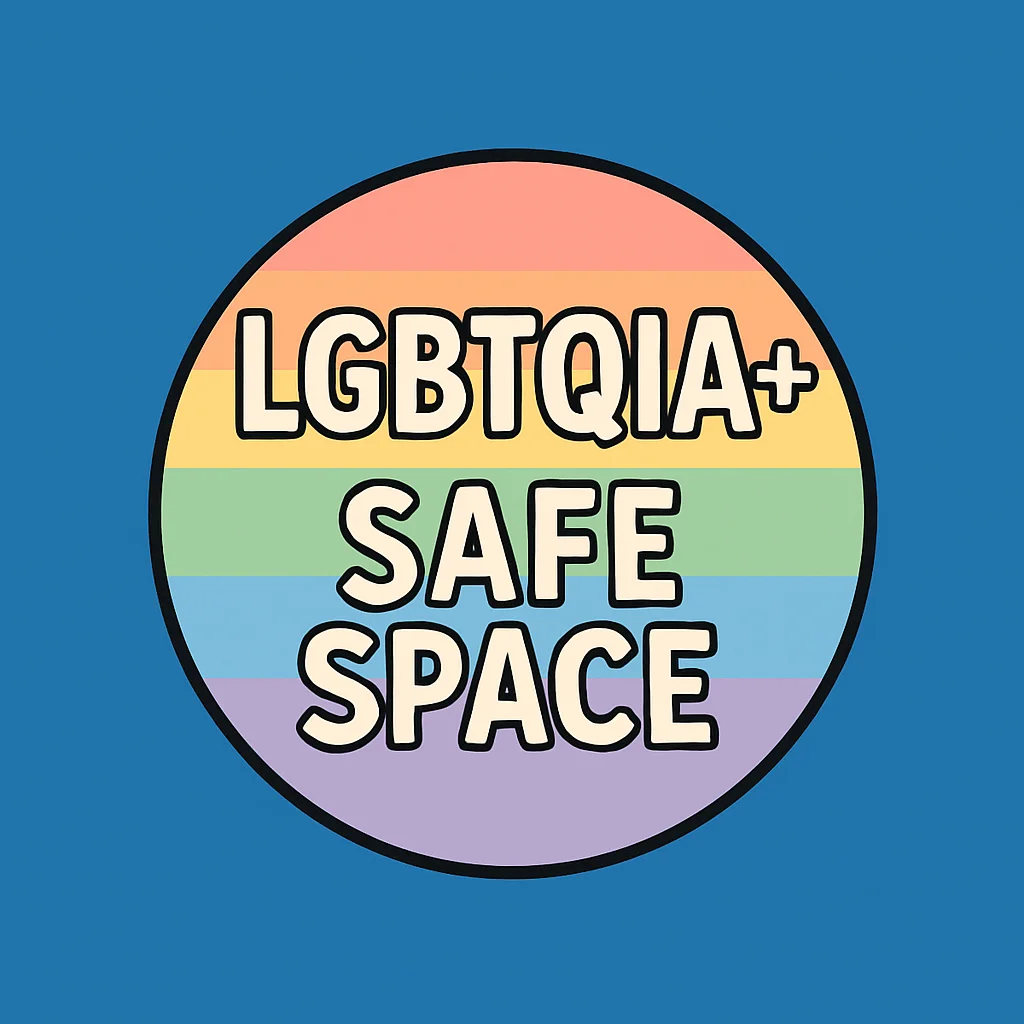I’m thirty-seven.
I’ve worked in places where men still call each other names they’d never say in front of their daughters.
I’ve heard “that’s gay” used as an insult more times than I can count.
I’ve seen grown men mock someone for being different — and then brag about teaching their kids respect.
And I’m tired of pretending it doesn’t bother me.
I grew up in a world where masculinity meant silence.
You didn’t talk about feelings. You didn’t show weakness. You didn’t stand up unless it affected you directly.
You learned to blend in, to laugh along, to stay out of it.
But that version of being a man — the one built on fear and performance — it’s not strength.
It’s survival. And I don’t want to survive that way anymore.
Somewhere along the line, I realised that being masculine doesn’t mean being cold.
It doesn’t mean being cruel to prove you’re not soft.
It doesn’t mean ignoring injustice because it makes you uncomfortable.
Real strength is showing up for people who’ve spent their whole lives being told they don’t belong.
You can love football and still defend a trans person’s right to exist.
You can lift weights, drink pints, fix engines — and still call out homophobia when you hear it.
You can be straight, masculine, working-class, and still believe that everyone deserves dignity.
That doesn’t make you less of a man.
It makes you a better one.
The truth is, a lot of men my age were never given permission to care about these things.
We were told to “stay out of politics” or “stop being so sensitive.”
But empathy isn’t political.
It’s human.
And the more I unlearn what I was taught, the freer I feel.
I don’t have to fit into a version of manhood that hurts people — or myself.
I can be strong, protective, capable — and still gentle, open, and kind.
You can be both.
You can be masculine and compassionate.
You can be tough and still take a stand when someone’s being dehumanised.
Because the world doesn’t need more “real men.”
It needs more decent ones.
#TriggerTopics | #Masculinity | #LGBTQSupport | #TrappedMinds | You’re not alone here
I’ve worked in places where men still call each other names they’d never say in front of their daughters.
I’ve heard “that’s gay” used as an insult more times than I can count.
I’ve seen grown men mock someone for being different — and then brag about teaching their kids respect.
And I’m tired of pretending it doesn’t bother me.
I grew up in a world where masculinity meant silence.
You didn’t talk about feelings. You didn’t show weakness. You didn’t stand up unless it affected you directly.
You learned to blend in, to laugh along, to stay out of it.
But that version of being a man — the one built on fear and performance — it’s not strength.
It’s survival. And I don’t want to survive that way anymore.
Somewhere along the line, I realised that being masculine doesn’t mean being cold.
It doesn’t mean being cruel to prove you’re not soft.
It doesn’t mean ignoring injustice because it makes you uncomfortable.
Real strength is showing up for people who’ve spent their whole lives being told they don’t belong.
You can love football and still defend a trans person’s right to exist.
You can lift weights, drink pints, fix engines — and still call out homophobia when you hear it.
You can be straight, masculine, working-class, and still believe that everyone deserves dignity.
That doesn’t make you less of a man.
It makes you a better one.
The truth is, a lot of men my age were never given permission to care about these things.
We were told to “stay out of politics” or “stop being so sensitive.”
But empathy isn’t political.
It’s human.
And the more I unlearn what I was taught, the freer I feel.
I don’t have to fit into a version of manhood that hurts people — or myself.
I can be strong, protective, capable — and still gentle, open, and kind.
You can be both.
You can be masculine and compassionate.
You can be tough and still take a stand when someone’s being dehumanised.
Because the world doesn’t need more “real men.”
It needs more decent ones.
#TriggerTopics | #Masculinity | #LGBTQSupport | #TrappedMinds | You’re not alone here


